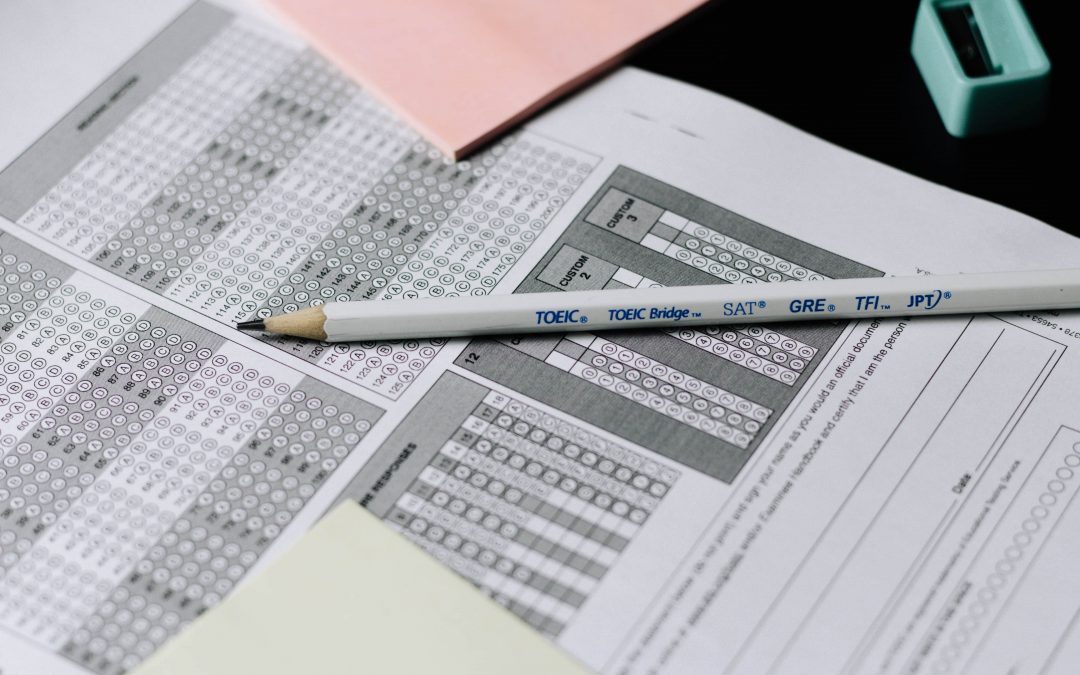Table of Contents
It is critical to set targets, both small and big when studying. Setting targets will assist you in checking in on yourself and remaining grounded. Achieving a target is an amazing feeling; congratulate yourself for a job well performed by recognising your achievements!
Academic performance and failure may be determined by study objectives. Setting goals that students should commit to is not as easy as you would assume. Setting specific, attainable, and observable objectives is essential for academic achievement. Students are more motivated to achieve their maximum potential because they have targets that they will commit to. Learning how to set targets correctly lets students increase their task scores, enhance their inspiration, and boost their self-confidence. Let’s see how to set and stick to your study goals?
Make a List of All the Goals
How to stick to your study schedule? Students who set down their expectations and detail the measures to accomplish them are 42 per cent more likely to succeed. Goals should be written down on an agenda, a whiteboard, or a timetable, and timelines should be included.
How to Set and Stick to Your Study Goals: Frequently Check-in
Tracking success at frequent intervals is an important factor in staying on board with priorities. Checking in is a perfect way to keep the momentum going and to realise when you’ve hit your initial target and it’s time to set a new one.

Set a Study Schedule
How to stick to your learning goals? Making a calendar will force you to be more open to yourself. Making a roadmap will assist you in being prepared and centred. While self-paced learning is beneficial, it is normal for people to procrastinate when there are no deadlines.
Try putting alerts on your phone or calendar to help you adhere to your research plan. Schedule a time during the day that there would be little – if any – disturbances. It is important to set aside time for research that is free of disturbances. This will help you stay motivated and engaging with the material, especially if you only have two hours to complete a module. It’s a smart idea to look over the routine at the end of the week and see how you went to make the possible adjustments for the next week.
How to Set and Stick to Your Study Goals: Make a Proper Study Space
When it comes to keeping to your plans, the world in which you research will make or break you. You’re in the mood to read, but the family den may not be the right venue for you.
Moving ahead, you’ll want to allocate a dedicated research area – your teacher preparation sanctuary. The trick to building a study room is to choose something that makes you focus on yourself. Remove all unwanted things and ensure that there is plenty of natural light. This will assist you in concentrating. Find a low-traffic environment to reduce disruptions. Most notably, try to keep disruptions to a minimum. You might not have the complete power of anything, but you should put your phone away.
It’s time to focus once you’ve settled into your study room. If you are conscientious in utilising the room properly, the brain can recognise when it is time to get into gear and assist you in making the most of your research time.
If your schedule is jam-packed, you’ll definitely want to research somewhere close to or within walking distance of your house, so you don’t waste time driving there. If you have more time, you might consider choosing a research spot that is a little farther out – this would be helpful because once you’re there, you’ll be far less likely to return home when you get bored!
Take Frequent Breaks
How to stick to a study schedule? Taking brief, regular breaks can help you recharge. If you notice your mind drifts, it’s time to take a break. According to studies, most people can only achieve intense focus for around 45 minutes. It is time to take a rest because you catch yourself rereading the same sentence for the third time and still aren’t aware of what you just heard.
When you take a rest, try to give the brain a break as well. Do not use your break time to check your devices or browse via social media. This is merely a diversion that allows the brain to digest and process new material and knowledge. A good break helps you to disconnect and refresh your mind. Consider getting some fresh sunshine, meditating, or rotating your body – stretch, go on a quick stroll, do Yoga, or do something else that makes your body reset.
How to Set and Stick to Your Study Goals: Take Notes
Even if you are not in a physical school, you can always take notes. Taking notes would encourage you to remain involved with the material and better grasp new concepts.
Taking good notes should not imply copying any phrase from the projector. Instead, jot down the main points, new meanings, keywords, and any queries or comments you have. Keep your notes in order! Title and date them so you can quickly locate details if you choose to go back to them. Reviewing your notes will also allow you to cement what you learned that day and refresh your memory as you return to them days later.

Mix Things Up
Strategies for sticking to and achieving your study goals: If you’re always focusing on the same stuff, it’s possible to get frustrated with your study schedule. Rather than attempting to cover the entirety of a single subject in a single week, consider varying the approach a bit. Working on one subject one day and something totally different the next will keep you energised and excited.
How to Set and Stick to Your Study Goals: Build-in Flexibility
How many times have you created a flawless research schedule just to have it fall apart as anything unforeseen arose? Life occurs, and you might need to postpone a scheduled research session to cope with an interruption or an emergency.
Prepare for this ahead of time by including any “spare” time in your research plan that you can use whenever you decide to catch up. And if the week goes well, you can discover that certain areas of analysis simply take longer than you expected – and this buffer period allows you to account for that.





![60+ Extempore Topics for Students in 2025 [Speak Confidently]](https://cdn.unicreds.com/blog/wp-content/uploads/2025/06/22121909/extempore-topics-for-students-1080x675.webp)




0 Comments